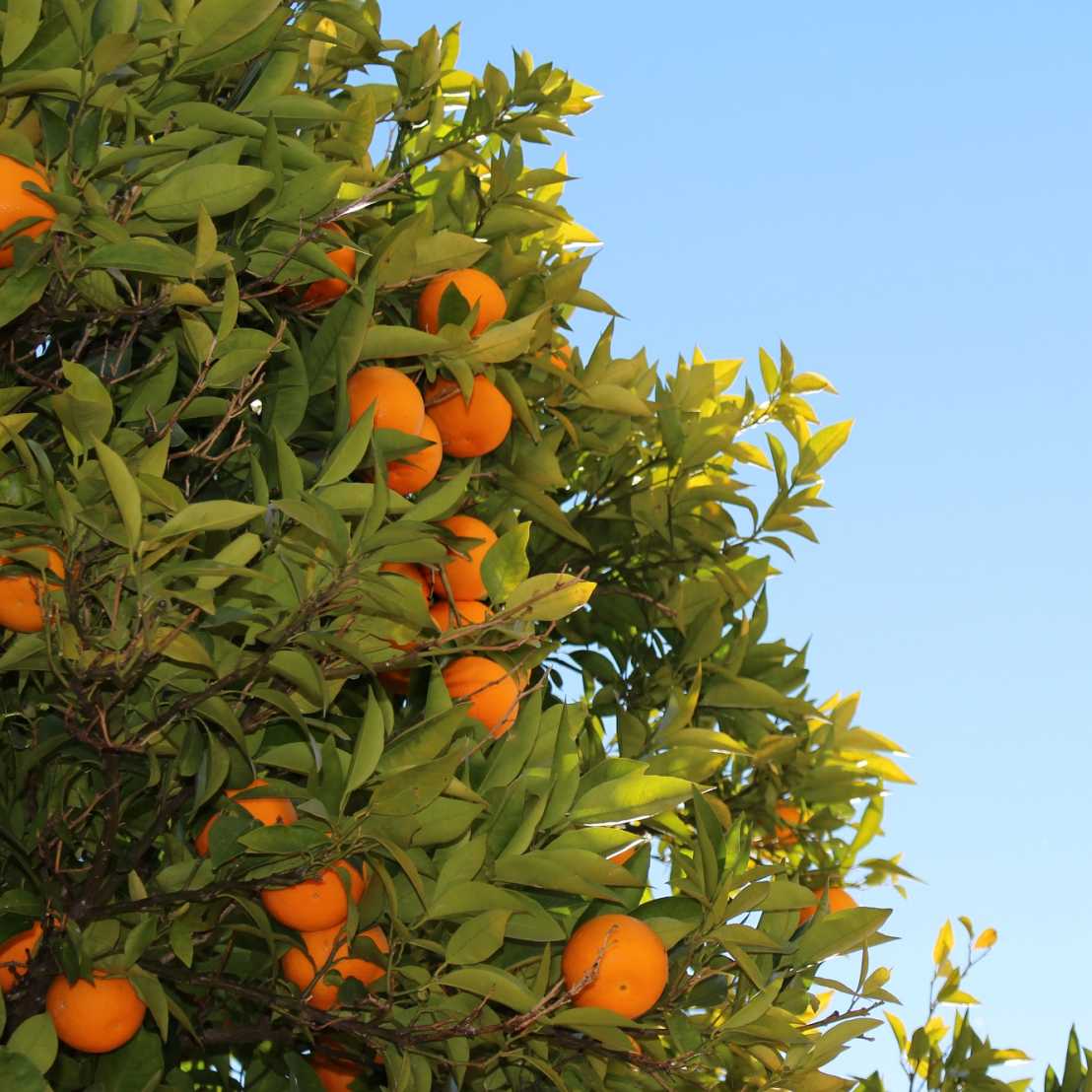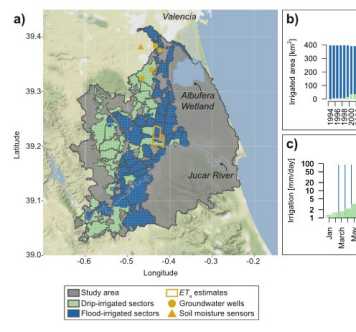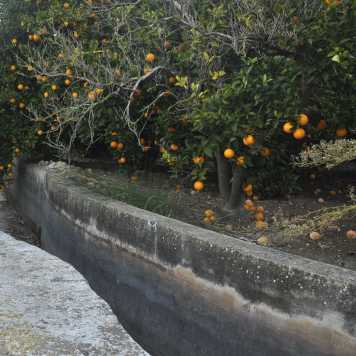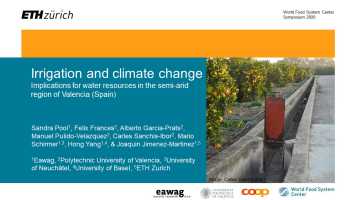IRRIWAM
Understanding the effects of irrigation modernization in water resources management of citrus production in the Jucar river basin, Spain
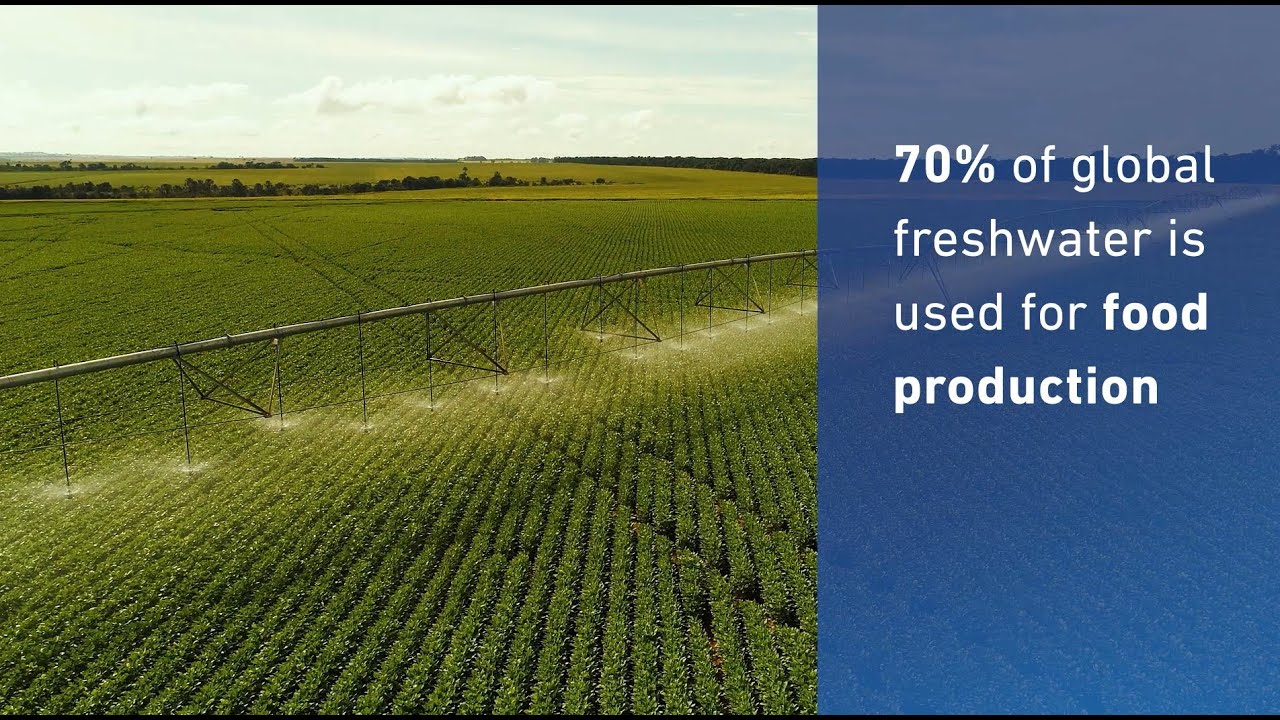
Policy measures that encourage adoption of water‐conserving irrigation technologies are widely believed to make more water available for cities and the environment. However, little integrated analysis has been conducted to test this hypothesis. Also lacking are studies on linking the effects of water conservation measures in irrigation at different levels, i.e., plot, farm, irrigation district, and the basin/catchment level, concerning the hydrological systems and economic and environmental consequences. This proposed project conducts an integrated analysis on upscaling water resources management from farm level to the catchment level. The Jucar river basin in Eastern Spain (Valencia province), an important citrus producing region, is used for the study. It analyzes a series of water conservation policies/measures for their effects on water quantity used in irrigation and on water conserved at different levels. The focus will be on the irrigated citrus production in the region. The investigation will also address the effects of various water conservation measures on farmers’ incomes and hydrological and environmental systems. A particular point to evaluate is if the irrigation modernization could result in an increase of water depletion rather than net water savings (rebound effect). Meanwhile, the effects of adoption of more efficient irrigation technologies on surface return flows and aquifer recharge, important for the environment and dependent ecosystems, will be quantified at different levels (from plot to river basin). Based on the analysis of the status quo, the possible impacts of future climate change on the water uses and citrus production in the region will be analyzed. Policy implications for institutional, technical, and accounting measures that accurately track and economically reward reduced water depletions are highlighted based on the results of the project.
Poster Presentation at World Food System Center Symposium 2019
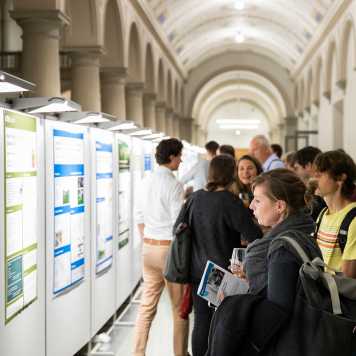
DownloadIrrigation modernization:An integrated perspective across spatiotemporal scales (PDF, 3.6 MB)vertical_align_bottom by S. Pool S et al.
Prize for Poster at the Swiss Geoscience Meeting 2019
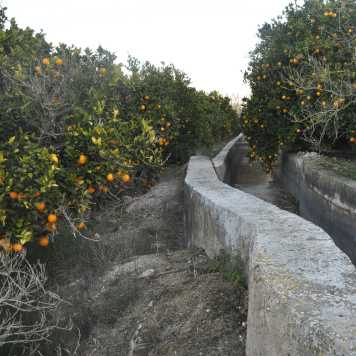
DownloadIrrigation modernization: Modelling the effects on groundwater recharge (PDF, 3.8 MB)vertical_align_bottom by S. Pool et al.

